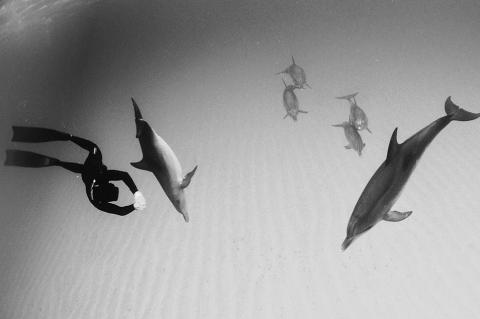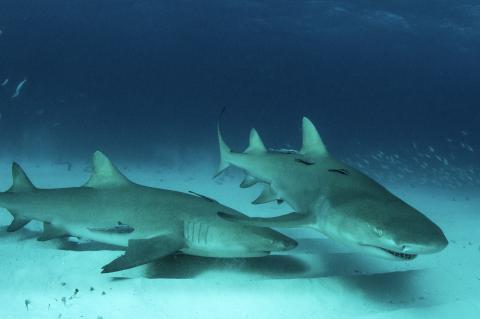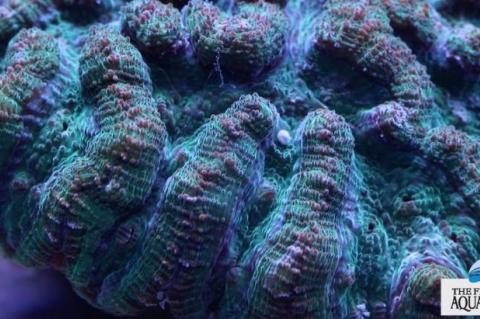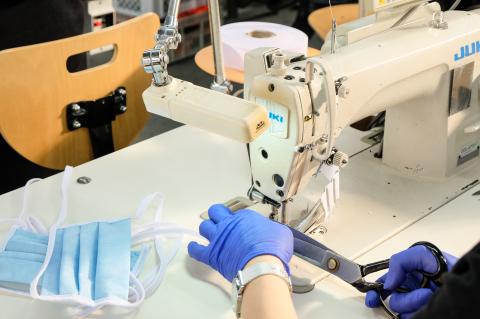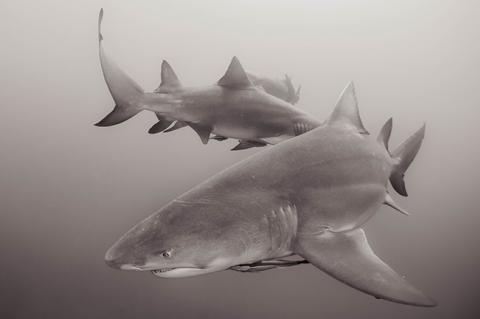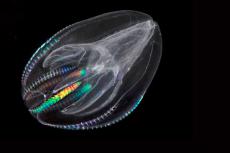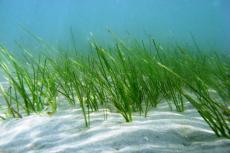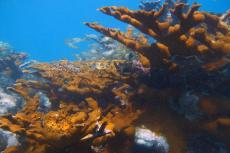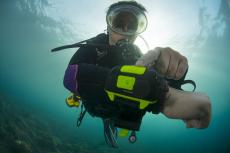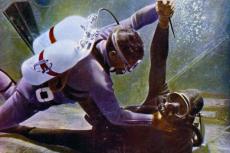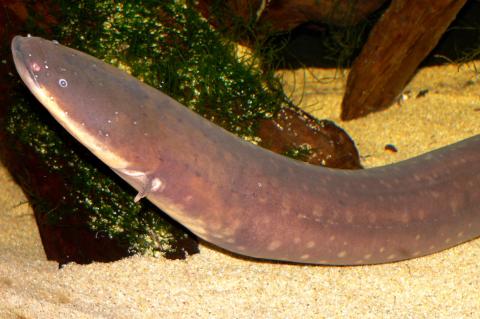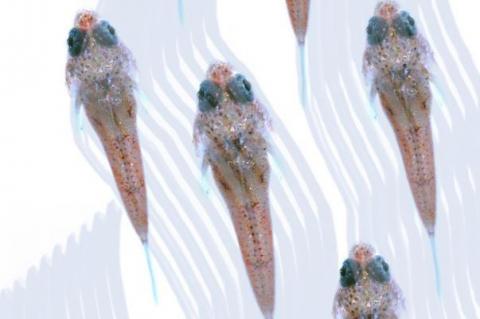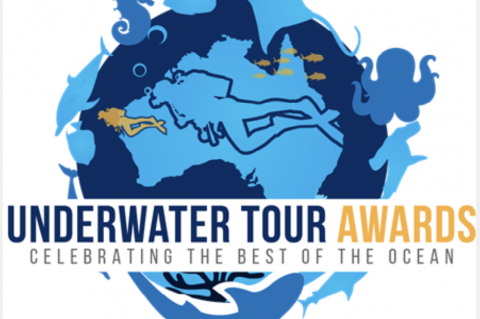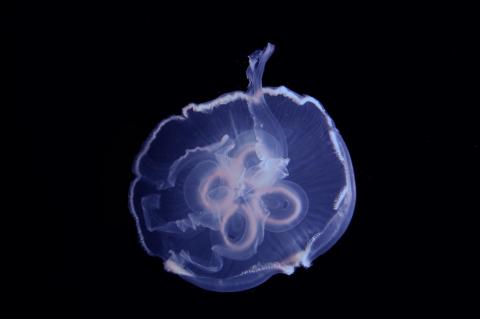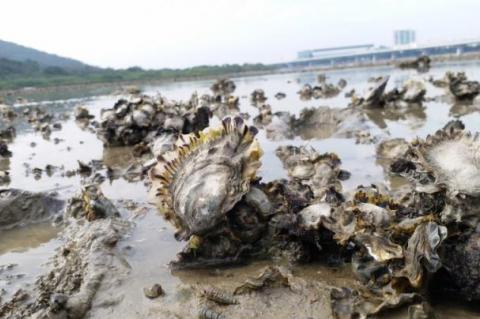Antibiotic-resistant bacteria found in sharks
Researchers have found antibiotic-resistant bacteria in seven species of sharks and redfish captured in waters off Belize, Florida, Louisiana and Massachusetts.
A team of researchers led by Jason Blackburn of the University of Florida sampled and tested 134 fish living in coastal waters of the Gulf of Mexico, Belize, and Massachusetts for signs of drug-resistant bacteria, using a suite of twelve common antibiotics. Resistance was found everywhere they looked, to varying degrees. Pronounced resistance to an array of drugs was found in sharks in Dry Tortugas National Park in the Florida Keys, for example.
Mark Mitchell of the University of Illinois said that his team's work is preliminary, and the microbes that live in fish could have a natural resistance to certain types of antibiotics.
Human influence
But sharks showed especially high resistance in areas like Belize, where tourist traffic in the water is dense, and the sampling site is near a sewage treatment plant. That suggests a human influence.
“Ultimately the idea of this study was to see if there were organisms out there that had exposures or resistance patterns to antibiotics that we might not expect,” Mitchell said. “We found that there was resistance to antibiotics that these fish shouldn’t be exposed to.”
Among the animals sampled, nurse sharks in Belize and in the Florida Keys had the highest occurrence of antibiotic-resistant bacteria. These sharks feed on crustaceans, small fish and other animals living in shallow waters close to shore.
Random mutations may account for drug-resistant bacteria in marine environments, Mitchell said, but there is a lot of evidence for a human origin.
We found that there was resistance to antibiotics that these fish shouldn’t be exposed to.

